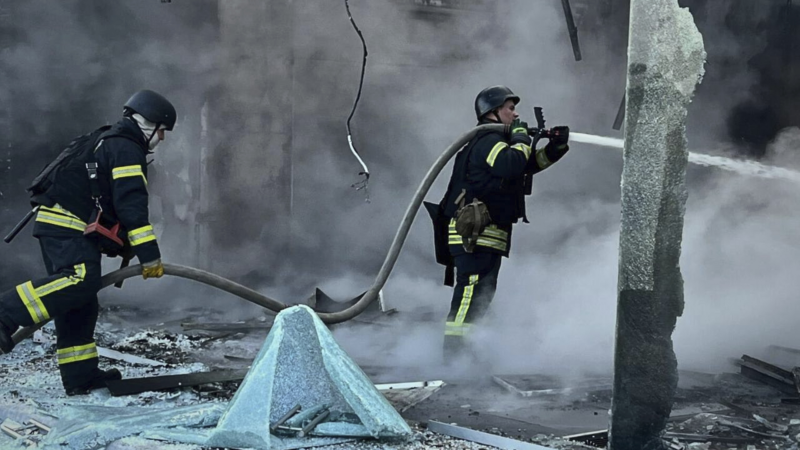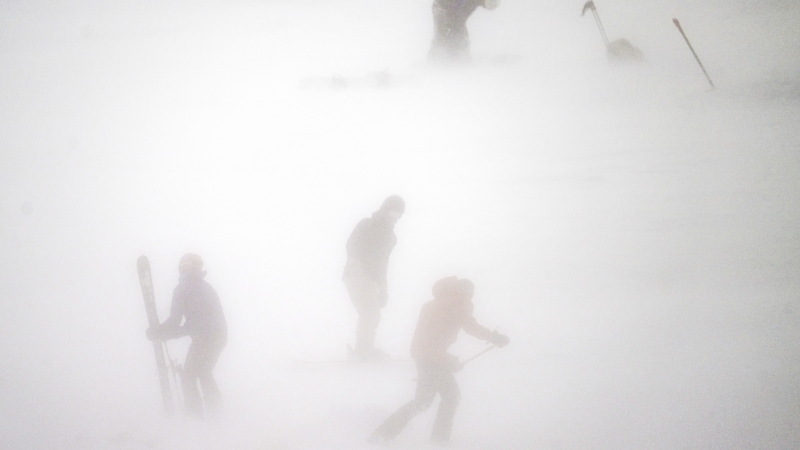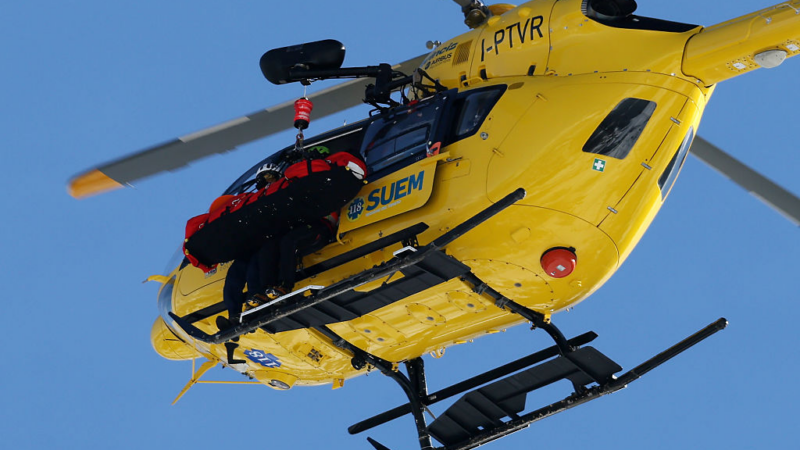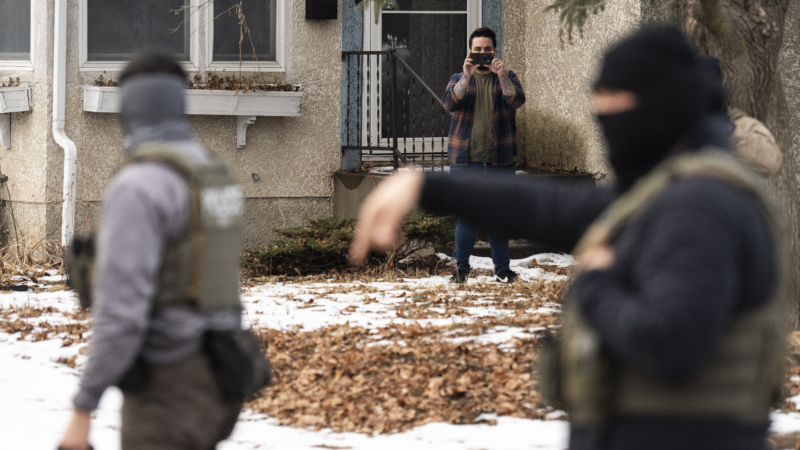Zelenskyy meets Vance in Rome, hours after Russia’s largest drone attack on Ukraine
KYIV, Ukraine — Ukrainian President Volodymyr Zelenskyy met with top U.S. officials and European leaders in Rome on Sunday, part of stepped-up diplomatic efforts ahead of a high-stakes phone call Monday between U.S. President Donald Trump and Russian President Vladimir Putin on ending the war in Ukraine.
Zelenskyy spoke with U.S. Vice President JD Vance and U.S. Secretary of State Marco Rubio at the U.S. ambassador’s residence, while German Chancellor Friedrich Merz said he had spoken both to Zelenskyy and to Rubio on the sidelines of the new pope’s inauguration.
Merz said that he had also agreed with the leaders of France and Britain “that we will speak again with the American president in preparation for this conversation.”
“My firm impression is that both the Europeans and the Americans are determined to work together, but now also in a goal-oriented manner, to ensure that this terrible war ends soon,” Merz told reporters in Rome.
Trump said he plans to speak by phone Monday with Putin, and will then speak to Zelenskyy and leaders of various NATO countries, about ending the war in Ukraine.
The intensified diplomacy came as Russia launched its largest drone barrage against Ukraine since the start of the full-scale invasion in 2022, after the first direct talks between Moscow and Kyiv in years failed to yield a ceasefire.
Putin spurned Zelenskyy’s offer to meet face-to-face in Turkey after he himself proposed direct negotiations — although not at the presidential level — as an alternative to a 30-day ceasefire urged by Ukraine and its Western allies, including the U.S.
Talks in Istanbul on Friday broke up after less than two hours without a ceasefire, although both sides agreed on exchanging 1,000 prisoners of war each, according to the heads of both delegations. Ukraine’s intelligence chief, Kyrylo Budanov, said on Ukrainian television Saturday that the exchange could happen as early as next week.
Russia fired a total of 273 exploding drones and decoys, Ukraine’s air force said Sunday. Of those, 88 were intercepted and a further 128 lost, likely having been electronically jammed. The attacks targeted the country’s Kyiv, Dnipropetrovsk and Donetsk regions.
Yuriy Ihnat, Head of the Communications Department of the Ukrainian Air Force, told The Associated Press that the barrage was the biggest drone attack since the start of the full-scale invasion.
Russia’s previous largest known single drone attack was on the eve of the war’s third anniversary, when Russia pounded Ukraine with 267 drones.
Kyiv regional Gov. Mykola Kalashnyk said a a 28-year-old woman was killed in a drone attack on the region and three other people, including a 4-year-old child, were wounded.
Meanwhile, Russia’s Defense Ministry said its air defenses shot down seven Ukrainian drones overnight, and a further 18 on Sunday morning.
In pictures: Winter storm slams the east coast
Photos of cities in Connecticut, New York, New Jersey and Massachusetts as they cope with a powerful winter storm.
The FDA creates a quicker path for gene therapies
The Food and Drug Administration aims to evaluate treatments for rare diseases based on plausible evidence that they would work — without requiring a clinical trial first.
BAFTAs apologize after guest with Tourette syndrome uses racial slur during ceremony
A man with Tourette syndrome shouted a racial slur and other offensive remarks during the BAFTA awards ceremony Sunday. The BBC did not edit out his outbursts in its delayed broadcast.
‘Everything was in pieces:’ Lindsey Vonn describes grueling surgery on broken leg
In a recent video, the Olympic skier credits her surgeon with saving her leg from potential amputation.
A new lawsuit alleges DHS illegally tracked and intimidated observers
Observers watching federal immigration enforcement in Maine who were told by agents they were "domestic terrorists" and would be added to a "database" or "watchlist" are now part of a new federal class action lawsuit.
Kate Hudson on regret, rom-coms and finding a role that hits all the notes
Hudson always wanted to sing, but feared it would derail her acting career. Now she's up for an Oscar for her portrayal of a hairdresser who performs in a Neil Diamond tribute band in Song Sung Blue.








